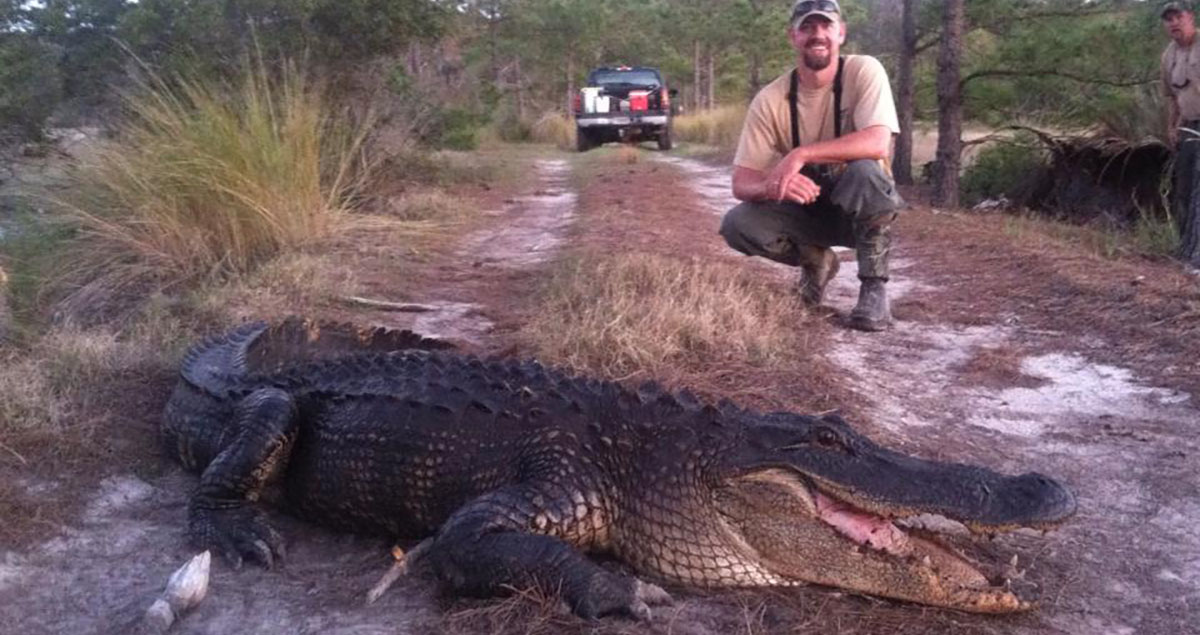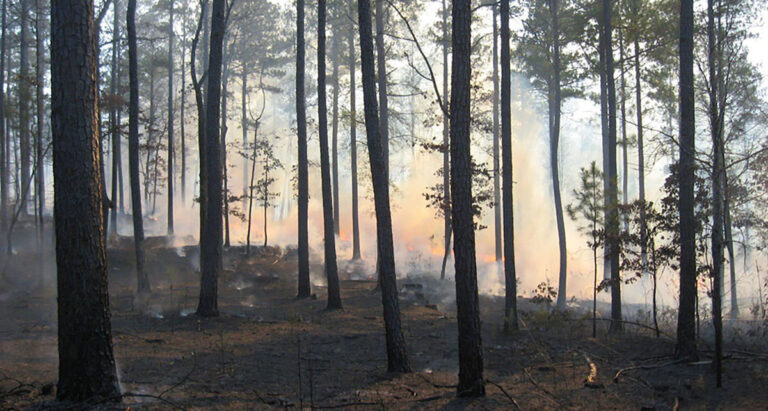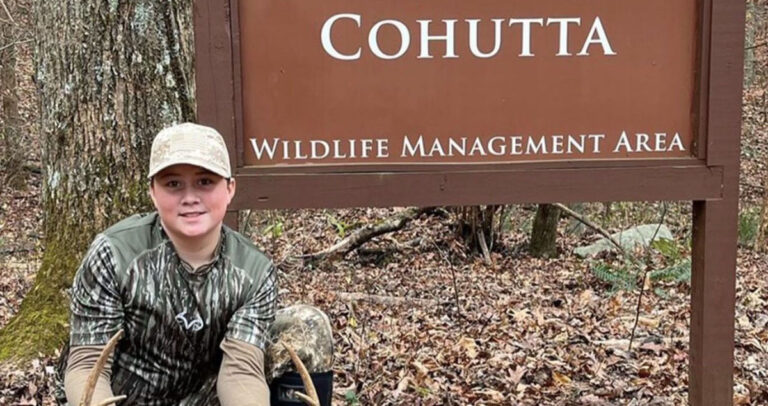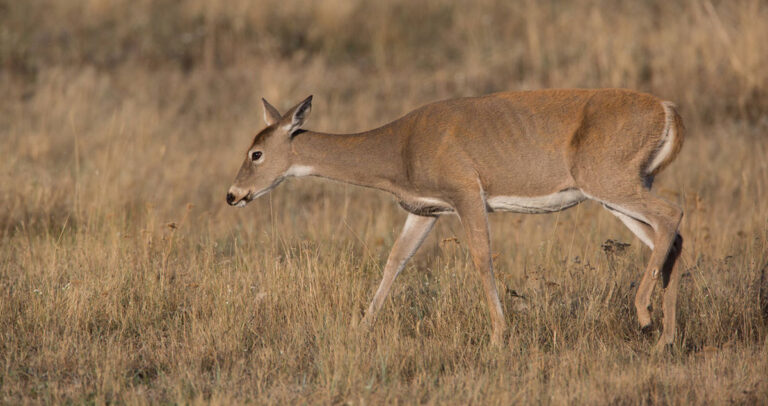Alligator Hunting in Georgia: Your Step-by-Step Guide to a Successful Hunt
Alligator hunting in Georgia has gained popularity in recent years, offering a unique and exciting experience. This comprehensive guide will cover essential information about hunting alligators in the Peach State, including how to apply for a permit, drawing odds by zone, season dates, gear and equipment, hunting methods, and more.
2022 Harvest Data
During the 2022 Georgia alligator season, 1030 hunters harvested 390 alligators, just one shy of the 2021 record harvest. Zone 2 produced the most alligators at 93, but hunters in Zone 1 had the highest success rate at 54%. Zones 1 and 2 both produced the season’s largest alligators at 12 feet 8 inches, but hunters in Zone 1 killed the largest alligators on average at 114 inches.
Across the state, successful hunters averaged 3.2 days hunting and used an average of 2.2 assistants during their trips. Here’s a breakdown of the 2022 harvest, success rate and average size by Zone:
| Alligator Zone | # Permits | Total Harvest | Success Rate | Avg. Length |
| Zone 1 | 65 | 35 | 54% | 114 |
| Zone 2 | 220 | 93 | 42% | 103 |
| Zone 3 | 60 | 15 | 25% | 100 |
| Zone 4 | 85 | 25 | 29% | 95 |
| Zone 5 | 100 | 19 | 19% | 92 |
| Zone 6 | 80 | 31 | 39% | 94 |
| Zone 7 | 150 | 77 | 51% | 104 |
| Zone 8 | 160 | 66 | 41% | 92 |
| Zone 9 | 80 | 29 | 36% | 96 |
2023 Season Outlook
For 2023, hunters should expect success similar to the 2021 and 2022 seasons.
“The alligator population in Georgia is stable,” said Kara Nitschke, the Georgia DNR wildlife biologist responsible for the state’s alligator managment. “Hunters should have no trouble getting on a good alligator this year.”
Nitschke also offered this advice for those new to alligator hunting:
“I would recommend that first time hunters reach out to the Game Management Region office for the zone in which they are selected,” said Nitschke. “The local biologists should be able to offer advice on where to hunt if the hunter is unfamiliar with the area.”
“Make sure your gear is well-maintained — new braid and new hooks can save you the heartache of a big alligator breaking off your line.”
“And finally, patience is a virtue when it comes to alligator hunting. What goes down must come up, so be prepared to wait it out if you have your eye on a particular animal.”
Alligator Season Dates
Georgia’s alligator hunting season typically runs from sunset on the day immediately preceding the 3rd Saturday in August through sunrise the day immediately following the 1st Sunday in October.
That means Georgia’s 2023 alligator season opens at sunset on Friday, August 18 and closes at sunrise on Monday, October 2.
Alligator hunting is allowed 24 hours a day, but nighttime hunting (from sunset to sunrise) is recommended for the best results, as alligators are more active during these hours.
Required Licenses and Permits
To participate in Georgia’s alligator hunting season, hunters must first obtain an alligator permit. These permits are issued through a quota system, and hunters must apply for the chance to receive one prior to season.
The online application period opens June 1 and remains open through July 15. You can apply online at gooutdoorsgeorgia.com or on the official Georgia Outdoors app. Typically a day or two after the closing date, applicants are notified whether or not they successfully drew a tag.
Those drawn must purchase a Georgia hunting license and alligator permit prior to hunting. That permit is good for one alligator at least 48 inches in length for the specified Zone, with the exception of Zone 1a, which requires alligators to be a minimum of 96 inches.
Those unsuccessful in the draw will receive a preference point for the following year. The more preference points you have, the more likely you will be to draw a coveted alligator tag. We’ll look at just how many points you’ll need to draw a tag in each of Georgia’s alligator zones.
Alligator Hunting Zones
Georgia is divided into 11 alligator hunting zones, each with a designated quota of alligator permits. When applying for a permit, hunters must select their preferred zone based on factors such as alligator population density, accessibility, and public hunting areas. Here’s a brief overview of each zone:
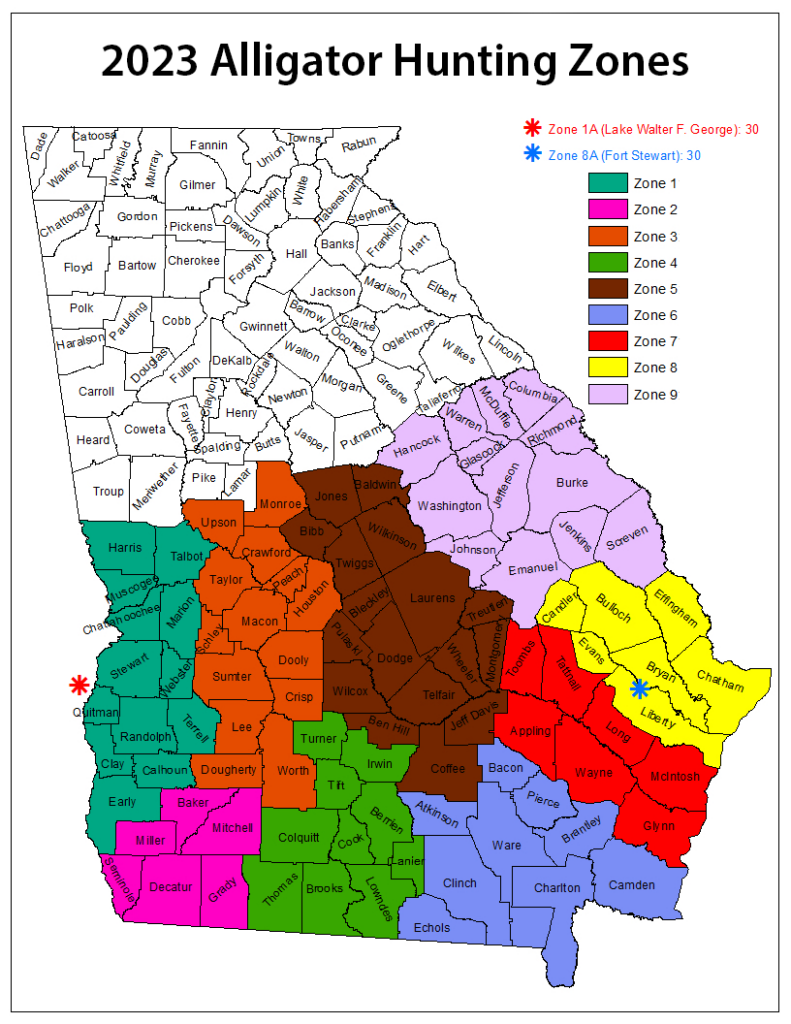
For purpose of managing, hunting and dispersing alligator harvest, the State is divided into 11 zones as follows:
- Zone 01: Calhoun, Chattahoochee, Clay, Early, Harris, Marion, Muscogee, Quitman, Randolph, Stewart, Talbot, Terrell & Webster Counties (this zone DOES NOT include zone 1A, Lake Walter F. George)
- Zone 01A*: Lake Walter F. George(Areas north of the dam, west of Hwy 39 and south of the Hwy 39 bridge at Omaha, GA side only. Hunting in the refuge is not allowed).
- Zone 02: Baker, Decatur, Grady, Miller, Mitchell & Seminole Counties.
- Zone 03: Crawford, Crisp, Dooly, Dougherty, Houston, Lee, Macon, Monroe, Peach, Schley, Sumter, Taylor, Upson & Worth Counties
- Zone 04: Berrien, Brooks, Colquitt, Cook, Irwin, Lanier, Lowndes, Thomas, Tift & Turner Counties
- Zone 05: Baldwin, Ben Hill, Bibb, Bleckley, Coffee, Dodge, Jeff Davis, Jones, Montgomery, Pulaski, Telfair, Treutlen, Twiggs, Wheeler, Wilcox & Wilkinson Counties
- Zone 06: Atkinson, Bacon, Brantley, Camden, Charlton, Clinch, Echols, Pierce & Ware Counties
- Zone 07: Appling, Glynn, Long, McIntosh, Tattnall, Toombs & Wayne Counties
- Zone 08: Bryan, Bulloch, Candler, Chatham (excluding the Bradley River, Cane Patch and Rush Creek areas within the boundaries of Ossabaw Island Natural Heritage Preserve), Effingham, Evans, and Liberty, Counties
- Zone 08A*: Fort Stewart
- Zone 09: Burke, Columbia, Emanuel, Glascock, Hancock, Jefferson, Jenkins, Johnson, McDuffie, Richmond, Screven, Warren and Washington
WMAs in the legal zones are open to alligator hunting provided that the WMA has open small game dates that coincide with the open season for alligators unless otherwise specified. Please refer to the WMA listing in the annual Georgia Hunting Seasons & Regulations booklet.
*Zone 01A: Special regulations and a USCOE permit required on Lake Walter F. George.
*Zone 08A: Hunters applying for this zone should apply directly with the Fort Stewart Fish and Wildlife Branch via their web-based application system at https://ftstewart.isportsman.net/.
When choosing a zone for alligator hunting, consider factors such as habitat, alligator population density, accessibility, and your own experience level. Each zone has its unique characteristics and challenges, so research each one thoroughly and consult local hunters or the Georgia Department of Natural Resources for insights and recommendations.
Drawing Odds
Georgia alligator tags aren’t easy to draw. If you’ve never applied for a permit before, you should know that it will take at least four years and as many as eight depending on which zone you want to hunt.
The table below breaks down the drawing odds for each alligator zone based on the 2022 results. Keep in mind that these numbers could change for 2023 depending on the total number of applicants and demand for each zone.
There is a also a proposal on the table now to increase the number of alligator tags available by 100 for 2023, but that proposal has not been approved by the DNR Board at the time I’m writing this article.
| Alligator Zone | Quota | Total Applicants | Minimum Points to Draw | Points to Guarantee Draw |
| Zone 1 | 35 | 1931 | 7 | 8 |
| Zone 1a | 30 | 1518 | 7 | 8 |
| Zone 2 | 220 | 2933 | 5 | 6 |
| Zone 3 | 60 | 1592 | 5 | 6 |
| Zone 4 | 85 | 1250 | 3 | 4 |
| Zone 5 | 100 | 1777 | 4 | 5 |
| Zone 6 | 80 | 2048 | 4 | 5 |
| Zone 7 | 150 | 3386 | 5 | 6 |
| Zone 8 | 160 | 2732 | 4 | 5 |
| Zone 8a | 30 | N/A | N/A | N/A |
| Zone 9 | 80 | 1658 | 5 | 6 |
Hunting Methods
In Georgia, most alligator hunting is done by snagging the alligator with a treble hook cast from a heavy duty fishing pole, reeling it to the boat, and then dispatching it with a pistol or bangstick. However, that’s not the only method of capture. Hunters also have the option of using hand-held snares, harpoons, gigs, or a bow and arrow. It’s up to the individual hunter to decide which method will work best.
The Georgia DNR has an excellent Guide to Alligator Hunting that discusses the hunting and dispatching process in detail, as well as what to do with the alligator after the hunt.
Alligator Harvest Reporting and Processing
Once you have successfully harvested an alligator, it is essential to report your catch to the Georgia Department of Natural Resources within 24 hours. This can be done online, by phone, or in-person at a designated check station. You will need to provide information about the alligator’s length, sex, and location of harvest.
After reporting your alligator, you must process the animal. Alligator meat is considered a delicacy, and proper handling is crucial to ensure quality. Field dressing should be done as soon as possible to prevent spoilage. Remove the alligator’s hide carefully, as it can be sold or used to make various products, such as belts, wallets, or boots. Consult online resources or enlist the help of an experienced hunter to guide you through the processing steps.
Final Thoughts
Alligator hunting in Georgia offers a unique and challenging adventure for hunters seeking a different type of quarry. By understanding the licensing and permitting process, gearing up with the appropriate equipment, choosing the right hunting method, and following safety precautions, you can embark on a memorable alligator hunting experience. Always respect the environment, wildlife, and other hunters, and adhere to Georgia’s alligator hunting regulations to ensure the sustainability of this exciting outdoor activity.

